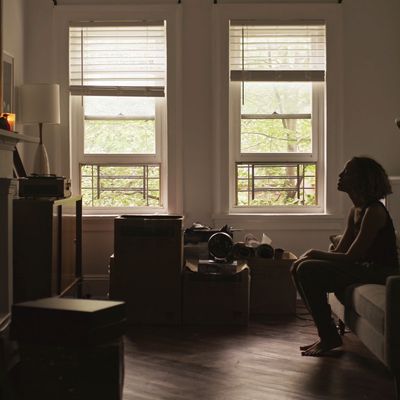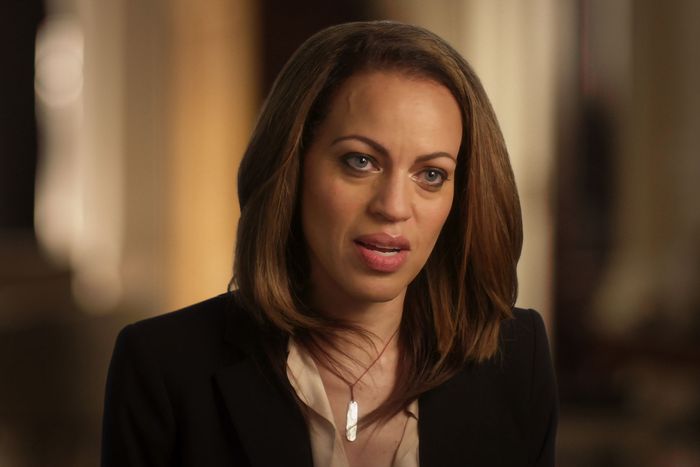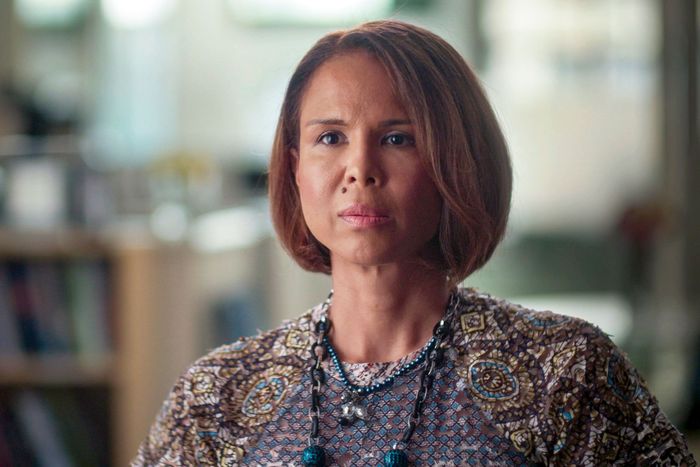Save this article to read it later.
Find this story in your accountsSaved for Latersection.
On The Recordbecame the center of a media storm before it ever screened for audiences.

Amy Ziering: Its an even crazier story than that.
In 2016, I was asked to be on the jury at Sundance.
It was two years before the Me Too movement.

I happen to be at the Women at Sundance dinner, and they seat me next to Rose McGowan.
We introduce ourselves, and she says, Oh my God, you madeThe Hunting Ground.
Have I got a story for you.

She tells me her whole Harvey story.
We were like, yeah, theres been rumors about him, but who knew?
I said to Rose, Will other people speak?
I flew somewhere and met Ashley Judd.
There was one other person I cant name she still hasnt publicly come forward.
Weve doneThe Invisible War, weve doneThe Hunting Ground, now were going to do the entertainment business.
We could never get any traction.
Everyone was like, No, were not interested.
No platforms will play it.
Too close to home.
So we said,okay, well keep collecting information, but its sort of put on hold.
We looked at each other and said, Well, here we go.
We just started filming stories.
We said, Well talk to anybody in any industry.
Thats how we ended up finding Drew.
How did you catch her at that point of starting to have a conversation with the New YorkTimes?
TheTimesreporters are aware that you guys are filming we see that acknowledged on camera.
She says, Ive never talked about it, Im so rattled by everything going on.
The mom says, I have these filmmaker friends, do you want to talk to them?
We ended up talking to Drew on the phone.
And I said, Look, we dont want to add any pressure or burden.
Youre struggling with a lot.
Were coming out to New York to do some interviews.
How about if we just do an on-camera interview with you?
You dont sign a release.
And we all just see how we feel after that?
We always have that deal with survivors.
If you change your mind after talking to us, we will not move forward.
Your emotional health comes first.
We did the interview with her.
We thought it was spectacular.
So we called her up and said, What do you think of us following you on your journey?
Again, the same deal applies, because we know that you dont know what youre doing.
You dont have to sign a release.
Theres no pressure on our end, were collecting stories from a million different places.
We dont want to hurt people in the course of our filmmaking.
We dont want to add to their trauma in any way.
So she said that sounds fine.
We really stuck to it, and she really stuck to it.
The film deals with hip-hop history its shifting gender dynamics, and who held power.
Was there ever talk of interviewing any musical artists in addition to people who worked behind the scenes?
We had lists and lists a whole list of artists to potentially interview.
As filmmakers coming from outside of that, what kind of discussions did you have about your approach?
Was there ever talk of bringing in a black filmmaker as a collaborator?
Ziering: Yeah, from the get-go, we were never going to make the film without that.
Oprah Winfrey was a very active and close collaborator for over a year with us on the project.
It was Apple and [Winfreys production company] Harpo that submitted an tool to Sundance for the film.
So thats how close a relationship there was.
Kirby Dick:And we let the women in the film guide us into the subject matter.
There was a continual, ongoing conversation around these issues with all the women in the film.
Its really their perspective, their insights, their voices that we wanted to platform and showcase.
Like, looking at us, were all light-skinned, were all conventionally attractive.
The fact that our story has been told is a privilege.
It shouldnt be a privilege every womans story deserves to be told.
There was an intentional choice to highlight the clips that reference light-skinned privilege.
Thats not an accident.
We felt that was important.
We cant change the fact that thats how our society works.
The films a reflection of that symptom.
We wanted to report on that and highlight that and not obfuscate or elide it.
What are your feelings about what happened now that were months out and the film has a new distributor?
Ziering: Were thrilled and elated and super grateful to the courage and leadership at HBO Max.
How can we help you?
Lets get it out there.
We honestly cannot imagine a better outcome.
Were just really pleased that this is the platform their voices will be heard on.
Ziering: I think weve come a very long way.
Its night and day, right?
Why should we have to deal with this?
What does it say about patriarchy?
I think thereismore of an understanding of that.
Me Too didnt change everything.
Its a very dynamic situation that could fly back.
The initial wave of Me Too was driven by print reporting.
In the past year, weve started getting more fiction and nonfiction films dealing with the topic.
What are you aiming for in terms of bringing these stories to screen?
What can a documentary do that, say, a reported article cant?
Dick: Obviously, you see the people who have gone through these experiences.
You hear their voices.
Ziering:No, I dont think thats our place.
Thats their journey, and thats their process.
And if it doesnt, you know, great.
Our film mostly focused on the journeys of the people who experience horrific, violent crime.
Thats what were about.
There has to be a systemic cultural awakening and shift.
We dont have a script.
We are part of the journey.
Things change all the time because theres no script.
[On the Record] was an entirely different project fromThe Hunting GroundandThe Invisible War.
Each project is radically different.
You have certain thought processes that are just more readily available from your experience.
So, in that way, theres a repetition and a continuation.